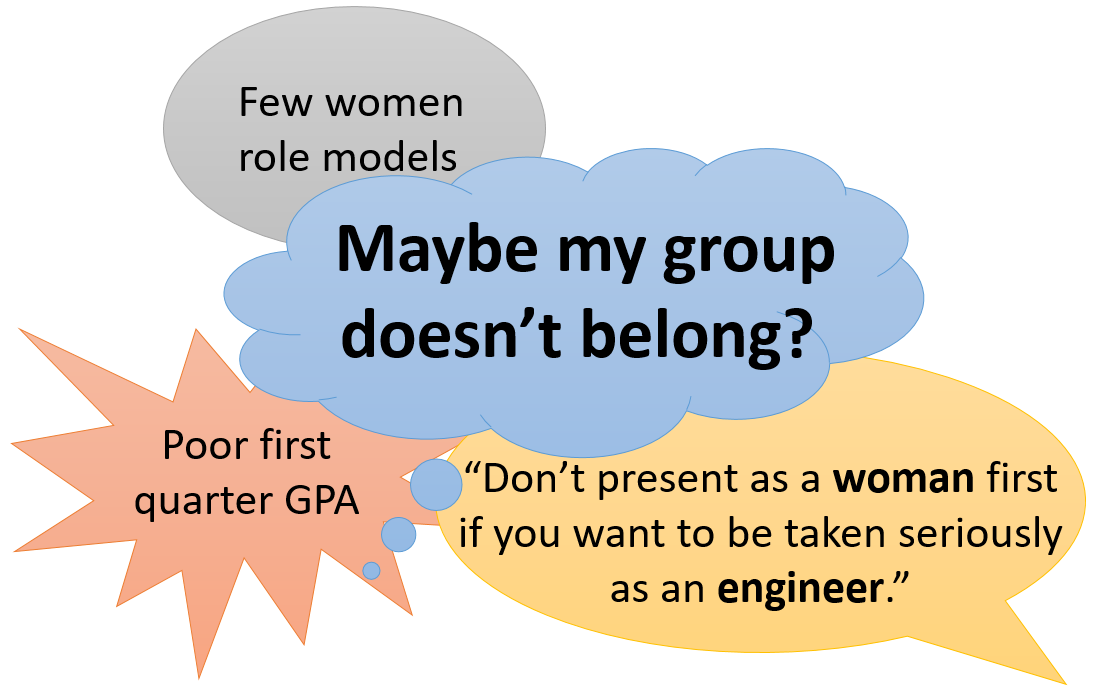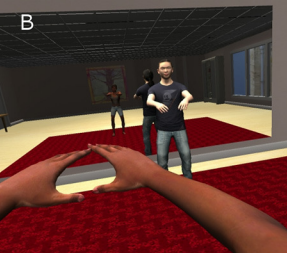Remembering a champion for justice in academia and emulating his approach
/We offer a tribute to Dr. Ben Barres, whose groundbreaking science and refusal to remain silent in the face of injustice served as an inspiration to many. This piece and its companion piece by David Lipton are the final installments in our series about inequality in STEM.
Read More


